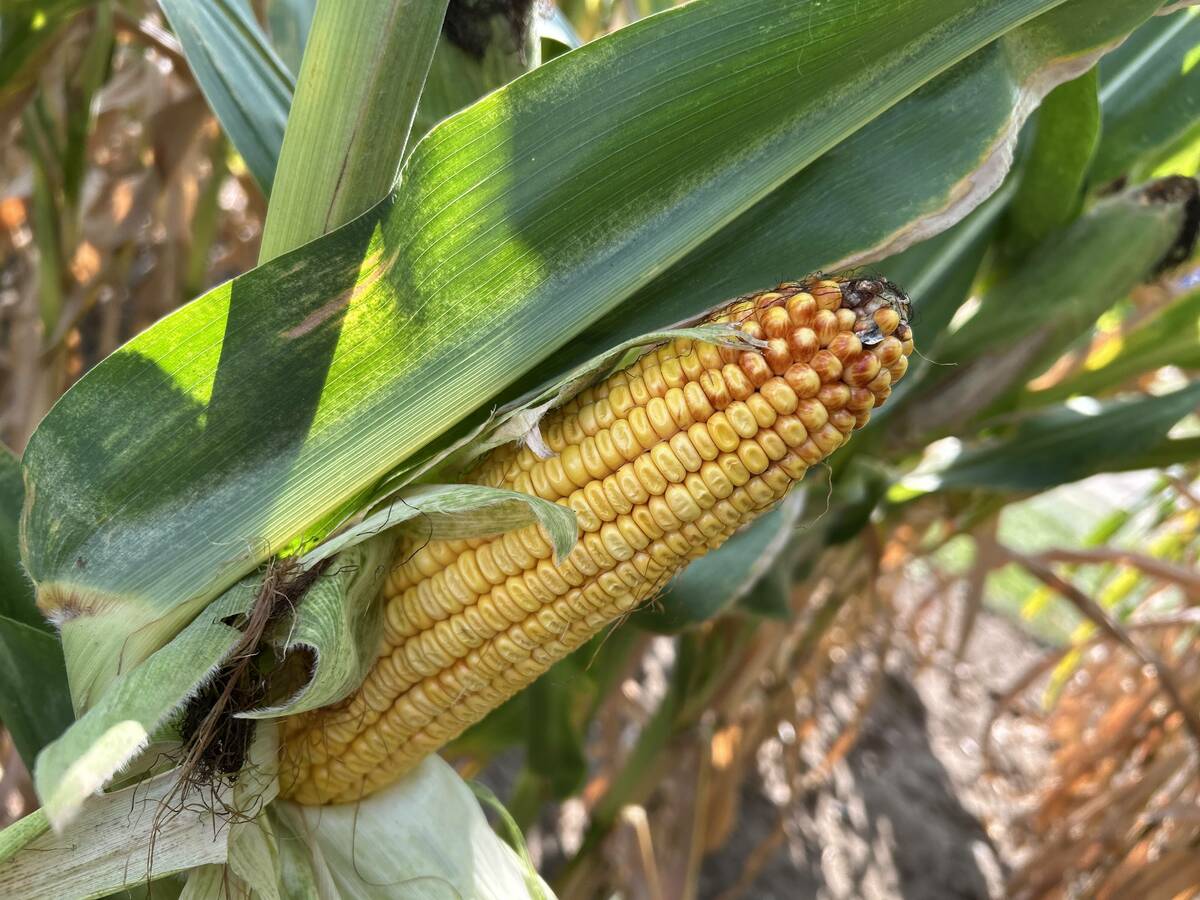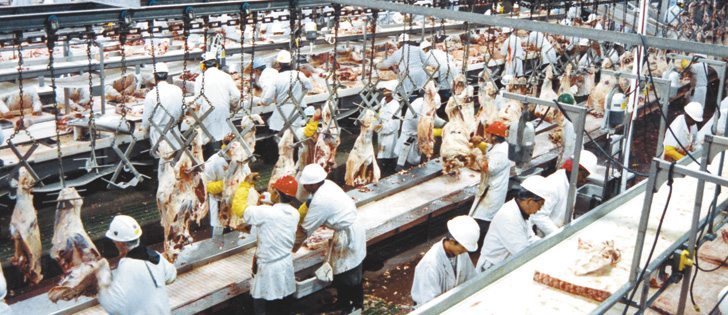Agricultural exporters are cheering after the federal government scored almost $200 million in trade successes during an Asian trip by prime minister Stephen Harper and senior ministers.
They opened the door for increased canola oil and beef exports.
However, the trip produced mixed results on other trade files.
In Beijing Dec. 5, agriculture minister Gerry Ritz announced that China will more than double canola oil imports in 2010, buying an added 200,000 tonnes worth $180 million at current prices.
In Hong Kong, Harper announced that all remaining restrictions on imports of Canadian beef have been lifted, restoring full access to Canada’s fourth largest beef market.
Read Also

Crop estimates show mixed results
Model-based estimates used by Statistics Canada showed the 2025/26 crop year has seen increases in canola, corn for grain, oats and lentils production while seeing dips in spring wheat, durum wheat, soybeans and barley in comparison to 2024/25.
The Canada Beef Export Federation estimates the announcement could be worth $10 million in new sales, lost after the discovery of BSE in Canada in 2003 severely impeded beef trade.
However, Harper failed in an attempt to convince the Chinese government that blackleg in canola is not a reason to close the door on canola seed imports.
As well, there was little apparent movement by South Korean leaders on removing import barriers to Canadian beef, an issue now before a World Trade Organization dispute settlement panel.
Still, trade advocates were enthusiastic.
“I’m glad to see the government is making trade such a priority,” Canadian Agri-Food Trade Alliance president Darcy Davis said.
“These deals are important but more important is that the government is signaling we cannot take anything for granted and improved trade access is key for Canadian farmers.”
The biggest deal came after Ritz met with Bao Kexin, president of Sinograin Oil, the Chinese state organization responsible for national reserves of grain and edible oil. This year, it will buy 150,000 tonnes of canola oil.
Ritz said when he learned the company wants to buy an additional 200,000 tonnes next year, he assured Bao that the Canadian canola oil industry will be a secure and consistent supplier.
Canola Council of Canada president JoAnne Buth said the industry welcomes the potential new canola oil sales.
“It is definitely good news and we look forward to the opportunity.”
The new Chinese market would boost the value of canola oil sales by more than 20 percent to almost $1.1 billion.
She said the industry is disappointed there was no progress on the Chinese threat to quit buying Canadian canola unless it is guaranteed blackleg free.
“We still have the seed issue to deal with,” she said. “There was no progress on that file.”
However, Buth praised Harper and Ritz for raising it. She was in China as part of the business entourage accompanying the politicians.
“The prime minister raised it at the highest level in his meeting with Chinese premier Wen Jiabao, and minister Ritz raised it with agriculture officials and their equivalent of the CFIA (Canadian Food Inspection Agency), their regulator,” she said.
“We are pleased with that and it sends the message to the Chinese that at our highest level, this is an important issue that we want resolved. That was an important message.”
When the delegation visited South Korea, the issue of the continuing post-BSE ban on Canadian beef was raised but no progress reported.
The Korean Times newspaper reported that at a Dec. 7 news conference with Harper, president Lee Myung-bak said the Korean intention in principle is to reopen the border to Canadian beef imports, but he did not indicate when or if any concrete steps will be taken.
He said he hopes the issue can be settled through negotiation rather than waiting for a WTO panel to settle the issue.














